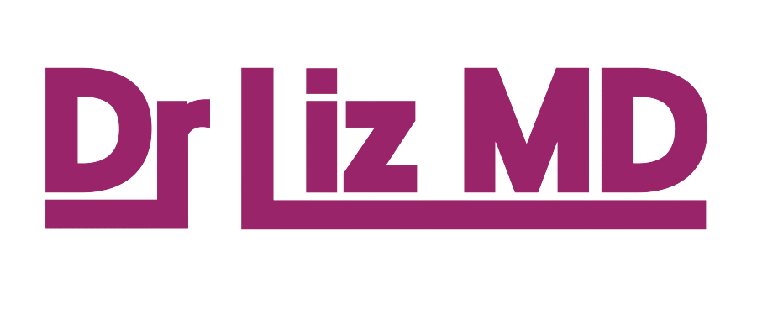“How Long Do I Have to Take Hormones?”
This question comes up with pretty much every woman I talk to about hormone replacement therapy.
I am going to approach my answer from a few different angles.
I often say that there exists a continuum of doctors, where on one end of the spectrum we have conventional doctors and on the other end is Suzanne Somers (and doctors who identify as “Anti-Aging” or Regenerative Medicine).
Suzanne Somers knows that she is the extreme end of this continuum and she admits it. She wants to use high doses of every single hormone and she plans to use them until the day she dies.
(I often call Suzanne “the canary in the coal mine” – she’ll either die of something that can be pinned on hormones, or she’ll outlive us all.)
The other end of the spectrum is the American College of Obstetricians and Gynecologists (ACOG) that says you should only use hormones long enough to address symptoms, and then you should taper down and get completely off of hormones.
I think the best answer falls somewhere in the middle (as it often does).
One of the answers I always give to the question of how long should women take hormones is that a little bit of estrogen in the long run is a very good thing for our bones.
In fact, the amount of estrogen that helps bones is not enough to help almost anything else. For example, the tiny amount of estrogen that helps preserve bone density is generally not enough to help with sweats or metabolism or mood or any of the other things that higher doses of estrogen are wonderful for.
I personally plan to use at least a little bit of estrogen forever.
Why? Because I don’t want a hip fracture.
The complication and death rates after hip fracture are much worse for women than the stats for breast cancer.
Ironically, the Women’s Health Initiative (WHI) Study that scared so many women away from hormone therapy was the first study to conclusively show that estrogen lowers the incidence of hip fracture.
Also in the WHI Study, women who were on estrogen had lower mortality from all causes. This included the women who got breast cancer.
There are several reasons this study got such big press and created so many scary headlines. But that’s a discussion for another time.
Also, it’s important to note that the dose of estrogen that helps the bones is so low, a woman doesn’t even need progesterone to balance it. There’s a little ultra-low dose patch still on the market called Menostar that accomplishes this bone-supportive amount of estrogen.
As far as the ACOG position on HRT, I do agree that it’s okay to stay down in the dosing range that helps people feel better but I don’t agree that women necessarily need to come off of hormones altogether.
There also doesn’t need to be any rush to taper down the doses of hormones.
I’ve had patients taken off of their hormones just to see if they get symptoms. I wouldn’t recommend doing this for a really long time (like at least after 5 to 10 years of being on HRT). And I would taper off really slowly. It makes no sense to me to go off of hormones cold turkey and then feel crappy.
I see women nowadays showing hormonal imbalance symptoms at younger ages (sleep problems, mood problems, period problems) in addition to more classic symptoms of menopause (hot flashes. night sweats and vaginal dryness).
Younger women are often going to need hormones for longer stretches of time, and I don’t want women to be afraid to use these treatments to get to and stay feeling well.
As I often say, women now have a modern problem: we live a long time.
About 200 years ago, only 5% of women even reached age 50. Now, half of us can expect to reach our 80’s.
We don’t have to use the high doses of hormones that Suzanne Somers uses, but I believe that the data supports the safety of using hormone treatments as long as we want to feel happy, mentally sharp, physically strong, and juicy.


